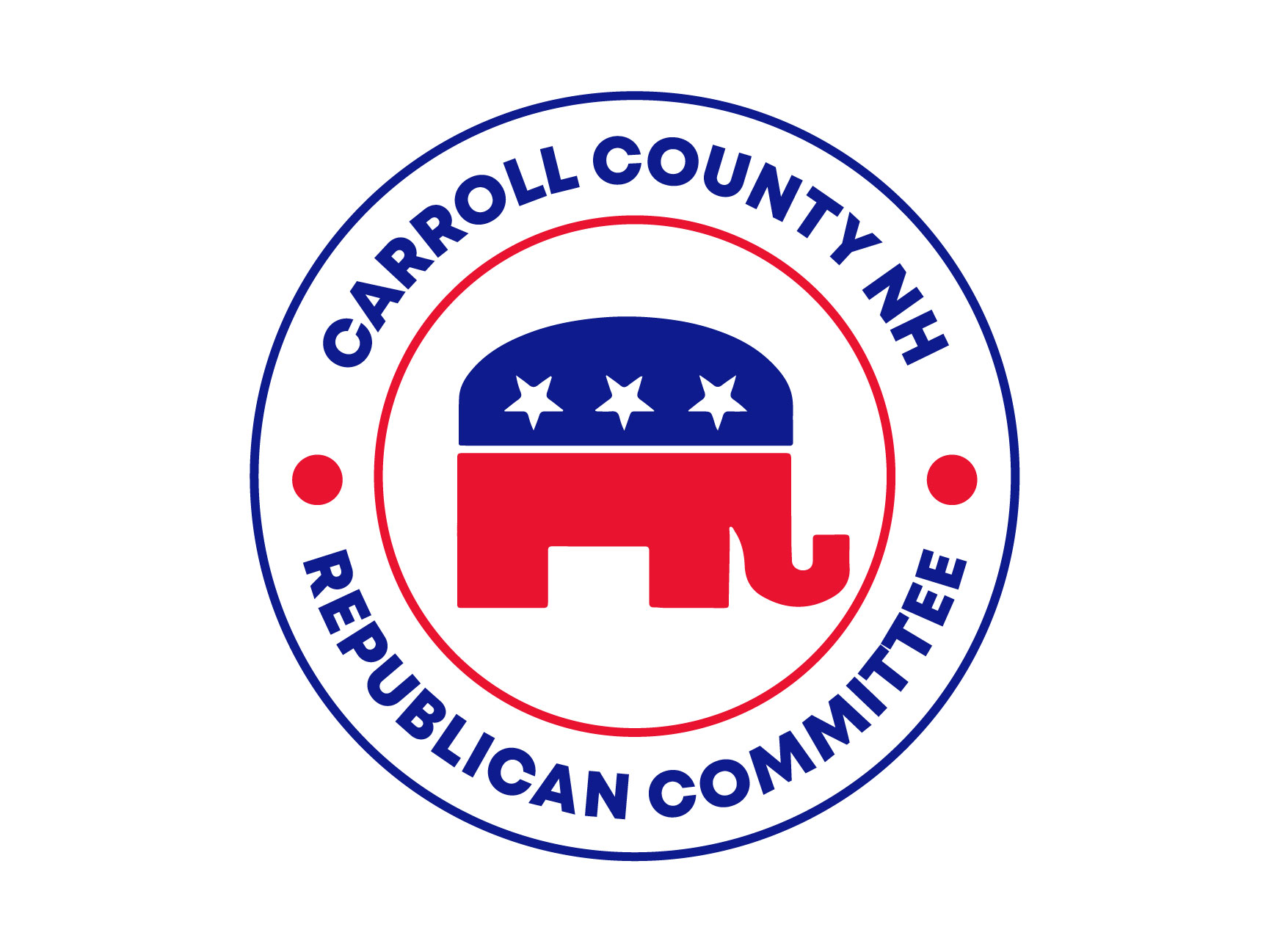by Andrew Cline, Josiah Bartlett Center
Technological innovation has brought solar power to the brink of market competitiveness. It will never be as reliable as a gas or nuclear plant that can run 24/7, but as a supplement it doesn’t have to be. When its price is truly market competitive, individuals and businesses will rush to build their own facilities so they can lower their bills and make money selling power back to the grid.
We appear to be on the verge of such a transformation, as the price of producing solar power has fallen dramatically in the last half century. By at least some measures, solar generation is already price competitive. And yet the Legislature appears set to pass two simultaneous subsidies that would raise New Hampshire’s already astronomically high electricity rates for the express purpose of creating huge new subsidies for the solar industry (and hydro too).
The first subsidy was passed by the Senate last week. The amended version of House Bill 365 would expand the state’s existing net metering subsidy. Under net metering, utilities are forced by law to pay above-market rates for electricity purchased from small-scale, consumer-owned renewable power generators (think rooftop solar).
The Senate’s version of HB 365 would allow this net metering “tariff” (read: subsidy) to apply to generators who produce up to 5 megawatts of power. (The current limit is 1 MW.) A 5 MW generator is not a home solar array. That’s large enough to power thousands of homes. Here’s a newly opened 5 MW solar plant in Egypt.)
Supporters say the bill would encourage the creation of new solar facilities. But that isn’t necessary given recent advances in solar technology. That also doesn’t explain why the bill contains a provision to allow existing power plants to convert from wholesale generators to net-metered generators in what can only be a blatant consumer rip-off.
Most New Hampshire hydropower plants already qualify for net metering under the current 1 MW cap. But some, notably four of the hydro plants Eversource sold to Hull Street Energy last year, generate between 1 and 5 MW. The amended version of HB 365 would allow those facilities to legally reclassify themselves as net-metered generators after they fulfill their existing wholesale contracts.
Once these hydro plants are reclassified, utilities by law would have to pay them at the default energy rate rather than the wholesale rate. The default rate — about 9 cents per kilowatt hour (kWh) — is roughly twice the wholesale rate — about 4 cents per kWh. Consumers would be forced by their own elected representatives to pay twice the wholesale price for hydropower generated by existing hydro plants.
The New England Ratepayers Association estimates that the subsidies in this bill will cost consumers about $10 million a year. But legislators have still another plan to compound the subsidy.
Senate Bill 124 increases the state’s Renewable Portfolio Standards. The bill would mandate that 18.9 percent of New Hampshire’s power come from new solar generation by 2040. That’s up from 0.5 percent this year.
The double whammy, then, would work like this: The state by law forces utilities to pay twice the wholesale rate for net-metered solar power, then compels utilities to buy 38 times more solar power.
Just like that, legislators would create a huge transfer of wealth from Granite State residents and businesses to a politically favored industry.
Legislators considering these bills should take note of a study published this week by the Energy Policy Institute at the University of Chicago. It concludes that Renewable Portfolio Standards increase the cost of electricity far beyond the benefit of the carbon reductions they cause. The “cost per metric ton of CO2 abated exceeds $130 in all specifications and ranges up to $460, making it at least several times larger than conventional estimates of the social cost of carbon,” the study concluded.
With a retail electricity rate 60% higher than the national average, New Hampshire should be doing all it can to lower electricity rates. Instead, legislators continue pushing laws designed to raise rates even further.
